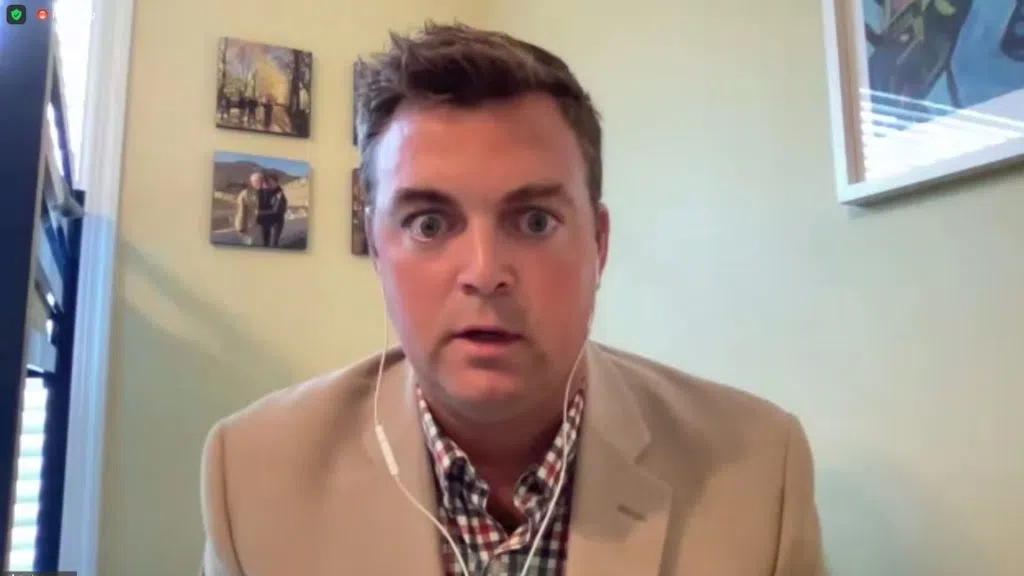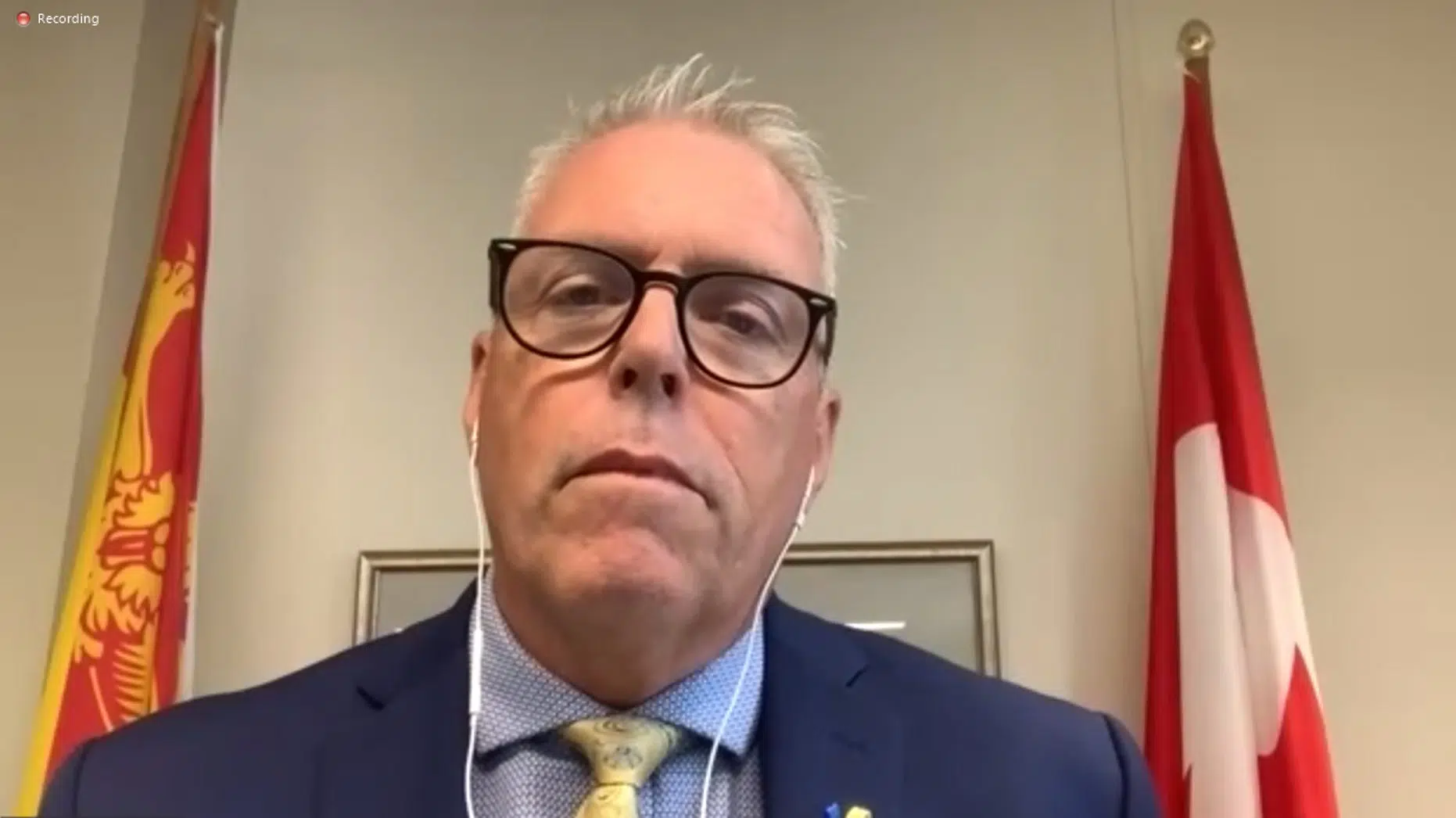New Brunswick is now projecting a surplus of more than $135 million this fiscal year.
Finance Minister Ernie Steeves released the 2022-23 first-quarter results on Tuesday.
The surplus is nearly four times higher than the $35 million the government was anticipating in its March budget.
“The surplus is being driven by revenue increases due to higher taxation revenue, resulting in strong economic growth, population growth, and one-time federal funding,” Steeves told reporters Tuesday morning.
Steeves said the province’s economy is recovering much faster than anticipated, and the population is growing at a rate not seen since the 1970s.
Revenue, expenses both higher than budget
According to the first-quarter report, revenue is projected to be more than $220 million higher than budget.
Personal income tax revenue makes up the biggest chunk of that increase, up $86 million over budget.
Unconditional grants are up $41 million due to a one-time federal transfer top-up to clear surgery backlogs, under the Canada Health Transfer.
HST revenue is up nearly $41 million while conditional grants are up almost $33 million, according to the report.
Meanwhile, total expenses are currently projected to be over budget by nearly $120 million, he said.
Social Development is over budget by $30 million, which the province said is mainly due to the Emergency Fuel and Food Benefit and a projected increase in transportation costs for clients and partners.
Post-Secondary Education, Training and Labour is anticipated to be over budget by nearly $46 million while Transportation and Infrastructure is over budget by nearly $12 million.
“Despite these results, the challenges are many, including the effects of COVID-19, high inflation, labour supply shortages, rising interest rates and long-term health-care costs,” said Steeves.
“We must strike a balance between addressing today’s needs against a sustainable future for generations to come.”
Where should the surplus go?
Steeves fielded several questions from reporters about where that extra money might go, especially with the ongoing health care crisis in the province.
He said money alone will not fix the health care system, adding it is hard to overcome the lack of trained staff facing provinces from coast to coast.
But the finance minister agreed there is room to increase the province’s health care budget.
“When health comes forward and has something that is a strategic investment, then absolutely. I can’t just tell you we’re going to throw another $100 million at it. I don’t know what their ideas are,” said Steeves.
“Certainly, if there is something worthy of spending money on and of using that surplus, then we’ll use it.”
Steeves said cabinet members discussed some plans for the surplus last week, but no decisions have been made.
He said there have also been conversations about lowering taxes, but declined to offer more specifics.
“It’s not about getting the biggest surplus we can, it’s about spending it as wisely as we can,” said Steeves.

Liberal finance critic Rob McKee discusses New Brunswick’s first-quarter financial results on Aug. 30, 2022. Image: Zoom video capture
Opposition Liberals react to fiscal update
The Liberal finance critic said now is not the time to talk about lowering taxes.
Rob McKee told reporters Tuesday that the government needs to focus on pressing issues like health care.
“Tax cuts are great, but we also have difficult challenges that need to be addressed,” McKee said.
McKee said the province should be more aggressive in recruiting nursing students to the province and should be guaranteeing them.
In addition, he said the province could also look at subsidizing their costs during their studies.
“It doesn’t seem like this government has a plan in place,” said McKee. “If they do, it’s a bad one.”
When it comes to the latest fiscal update, McKee said revenues are once again significantly underestimated.
The finance critic said he anticipates the projected surplus will continue to grow as the year goes on.
“That’s what we’ve seen year after year, and then when the audited financial statements come in, it’s even higher than what they predicted or what they report,” said McKee.
New Brunswick recorded surpluses of nearly $488 million in 2021-22 and $408 million the year before that.








